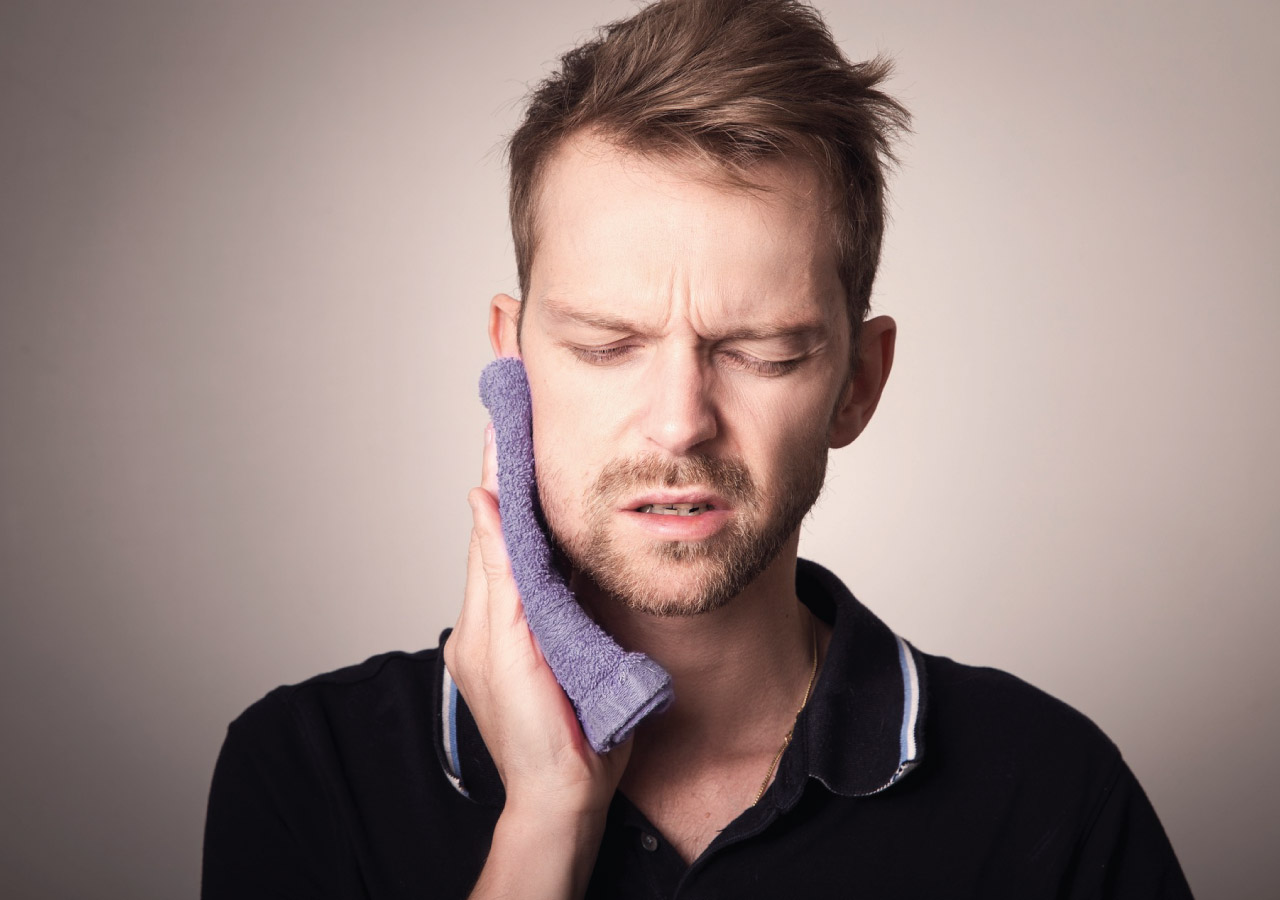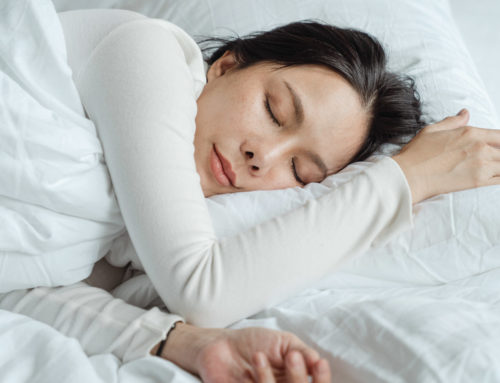Bruxism is the habit of grinding, gnashing, or clenching your teeth. It is a common condition that affects many people, often without them realizing it. Bruxism can occur during the day or at night, and it can cause a number of problems for the teeth and jaws.
Symptoms of bruxism include:
- Tooth pain or sensitivity: Bruxism can wear down tooth enamel, making teeth sensitive to hot and cold temperatures.
- Jaw pain or stiffness: Bruxism can cause muscle tension and pain in the jaw, as well as headaches.
- Worn or chipped teeth: Bruxism can cause teeth to become worn down or chipped over time.
- Tired or tight jaw muscles: Bruxism can cause jaw muscles to feel tired or tight.
- Earache: Bruxism can cause pain and discomfort in the ear, due to the proximity of the jaw joint to the ear.
- Tooth enamel loss: Bruxism can cause the loss of tooth enamel, the protective outer layer of the teeth.
Bruxism can be caused by a number of factors, including stress, anxiety, sleep disorders, and certain medications. It’s important to consult with a dentist if you suspect you have bruxism, as there are a wide range of treatment options available to help manage the condition.
How to prevent Bruxism?
Bruxism, which is the act of grinding or clenching your teeth, can be caused by a number of factors, including stress, anxiety, and sleep disorders. Here are some ways to prevent bruxism:
- Stress management: Identifying and managing sources of stress in your life can help to reduce the likelihood of bruxism.
- Relaxation techniques: Relaxation techniques such as yoga, meditation, and deep breathing exercises can help to reduce muscle tension and prevent bruxism.
- Adequate sleep: Ensuring that you get enough sleep each night can help to reduce the likelihood of bruxism.
- Proper dental care: Practicing good oral hygiene, such as brushing and flossing your teeth regularly, can help to reduce the likelihood of bruxism.
- Avoiding certain foods and drinks: Avoiding foods and drinks that can cause tooth sensitivity, such as coffee, tea, and alcohol, can reduce the likelihood of bruxism.
- Bite guards: Wearing a night guard or bite guard can help to cushion the teeth and reduce the likelihood of bruxism.
- Treat underlying medical conditions: Certain medical conditions such as sleep apnea can cause bruxism, so treating these underlying conditions can help to reduce the likelihood of bruxism.
- Dental splints: Dental splints can be prescribed by dentists to reduce the damage caused by bruxism.
It’s important to note that it’s best to consult with your dentist if you suspect you have bruxism, as there is a wide range of treatment options available to help manage the condition. It’s also important to address any underlying medical or psychological conditions that may be contributing to the bruxism.



